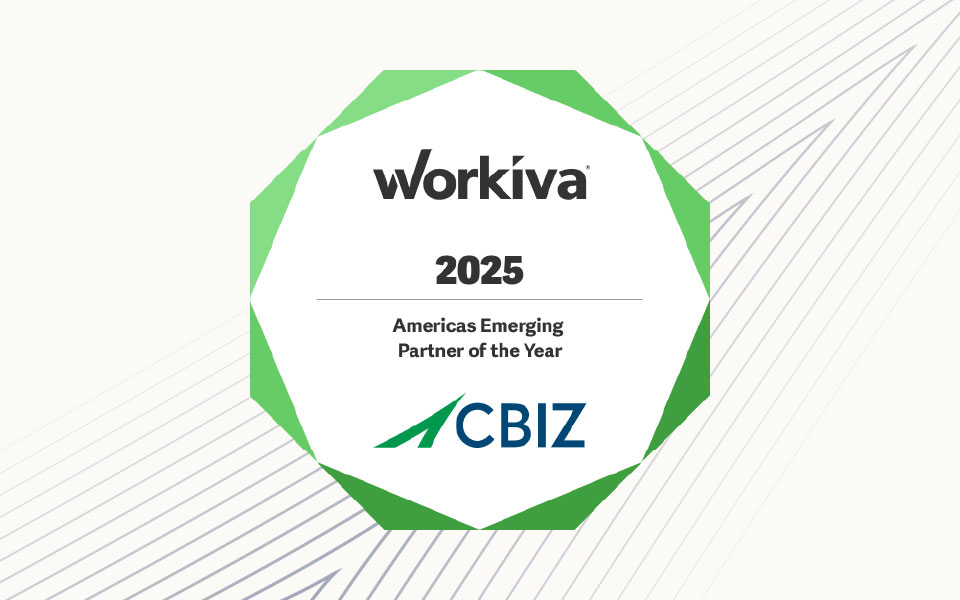Going public is a significant milestone – but it comes with a complex web of regulatory reporting obligations that private companies may not be prepared for. One area that consistently catches companies off guard is the required financial reporting for business combinations, specifically under Regulation S-X. These rules apply only to public companies, meaning private companies generally have not previously prepared financial information in accordance with these guidelines. These rules require incremental disclosures above what is required in ASC 805. Without advance planning, these requirements can quickly become a source of disruption late in the IPO process.
Rule 3-05: Historical Financials for Acquired Businesses
Article S-X Rule 3-05 requires companies to provide audited financial statements for significant acquired businesses, so investors can assess how the acquisition affects the overall company. Whether these statements are needed – and for how many years – depends on significance tests outlined by the SEC:
- Investment Test – Compares the acquisition price to the registrant’s total assets
- Asset Test – Compares the target’s total assets to those of the registrant
- Income Test – Compares pre-tax income (or revenue, in certain cases) between the target and registrant
These tests are applied at the time of acquisition, but their implications often aren’t felt until S-1 preparation – when companies suddenly realize they need audited financials they never planned for. If any one of these tests exceeds 20%, the registrant must include one year of audited financials of the acquired company. If any test exceeds 40%, two years of audited financial statements of the acquired entity are required. Even smaller acquisitions can trigger reporting if aggregated and collectively significant – making early analysis critical.
Article 11 of Regulation S-X: Pro Forma Financial Information
Article 11 requires registrants to present pro forma financial statements when a business combination or other transaction is material and significantly impacts the financial condition or operations of the company. These pro forma financial statements illustrate how the transaction might have affected financial results if it had occurred at an earlier date – giving investors a view of the combined company’s potential financial profile.
To determine whether pro forma financial information is required under Article 11, companies begin by assessing the significance of the acquisition using the tests outlined in Regulation S-X Rule 1-02(w), such as the investment, asset, and income tests. If the transaction meets the thresholds for significance, companies then consider the nature of the transaction and how it materially affects their financial condition or results of operations.
From there, they evaluate the specific adjustments needed for the pro forma presentation, ensuring they are directly attributable to the transaction, factually supportable, and expected to have a continuing impact. The goal is to align the pro forma disclosures with both the technical requirements of Article 11 and the informational needs of investors. This evaluation process is often iterative, requiring close collaboration between accounting, finance, legal, and deal teams to ensure the pro forma statements reflect a balanced and accurate financial picture.
To comply, companies must make factually supportable and transaction-specific adjustments related to the acquisition, such as:
- Purchase accounting under ASC 805
- Fair value adjustments
- Deal-related financing
- Transaction costs
- Adjustments to align accounting policies between entities
Speculative items like synergies are generally excluded. The intent is to provide a clear, transparent picture of the combined business’s future financial trajectory. CFOs should also ensure their teams understand which adjustments are permitted versus which are prohibited, such as speculative cost synergies, which the SEC generally disallows.
Why Early Planning Matters
SEC reporting for business combinations is often one of the most underestimated aspects of IPO preparation. Without early assessment, companies can face urgent “fire drills” to obtain and audit historical financials – delaying timelines and increasing pressure during an already intense process.
That’s where CBIZ Advisory comes in. We work with companies well before the IPO filing to:
- Evaluate significance under Rule 3-05
- Prepare required pro forma financials under Article 11
- Coordinate audit requests and provide technical accounting expertise
- Streamline compliance with SEC disclosure standards
With proactive planning, companies can enter the IPO process with confidence, knowing these complex reporting requirements are already addressed. Let CBIZ Advisory help you take control of your IPO journey – well before the first draft of your S-1 hits the desk. Connect with us today.
© Copyright CBIZ, Inc. All rights reserved. Use of the material contained herein without the express written consent of the firms is prohibited by law. This publication is distributed with the understanding that CBIZ is not rendering legal, accounting or other professional advice. The reader is advised to contact a tax professional prior to taking any action based upon this information. CBIZ assumes no liability whatsoever in connection with the use of this information and assumes no obligation to inform the reader of any changes in tax laws or other factors that could affect the information contained herein. Material contained in this publication is informational and promotional in nature and not intended to be specific financial, tax or consulting advice. Readers are advised to seek professional consultation regarding circumstances affecting their organization.
“CBIZ” is the brand name under which CBIZ CPAs P.C. and CBIZ, Inc. and its subsidiaries, including CBIZ Advisors, LLC, provide professional services. CBIZ CPAs P.C. and CBIZ, Inc. (and its subsidiaries) practice as an alternative practice structure in accordance with the AICPA Code of Professional Conduct and applicable law, regulations, and professional standards. CBIZ CPAs P.C. is a licensed independent CPA firm that provides attest services to its clients. CBIZ, Inc. and its subsidiary entities provide tax, advisory, and consulting services to their clients. CBIZ, Inc. and its subsidiary entities are not licensed CPA firms and, therefore, cannot provide attest services.















